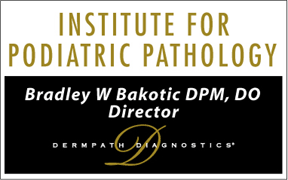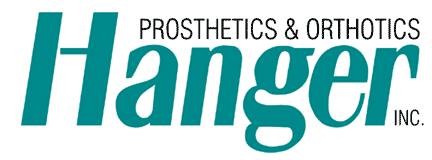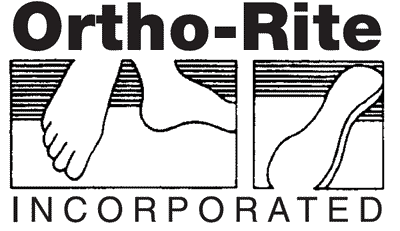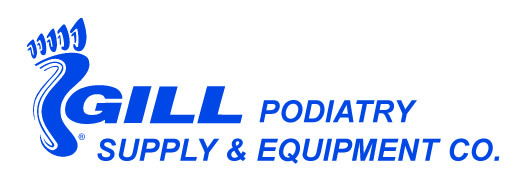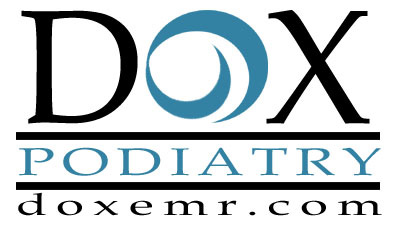

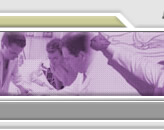

|
What Do You
Have to Offer ?
Over
the course of the New Doc and Residency Rap editorials, I've
received a wide variety of questions and comments. Behind some of
the questions, I've had the impression that some residents lack
confidence in what they have to offer. In my opinion, one very
important concept to consider when looking for a job after residency
is what skills and attributes you bring to the negotiating table.
 by Jarrod Shapiro, DPM Have you ever sat down and written a list of your skills? I think you'd be surprised to find that list is longer than you realize. Let's omit the fact that you're better surgically trained than most practicing podiatrists. Residency training today is the best it's ever been. We're trained comprehensively in the most advanced surgical techniques as well as our exposure to other medical fields. Of course this is important; everyone seems to be looking for a surgeon (that's another issue). But you have other qualities, as well. Here's an example. When I was interviewing for associateships, most of the practitioners felt it was beneficial that I had computer experience. Several were still paper-based in the office and were considering changing to electronic medical records. They were looking for me to spearhead this type of change, which school and residency prepared me for. In fact, the doctor I currently work for has no experience with the internet, so understandably he's a bit tentative with new programs such as Blue Cross' Web-Denis program, which provides up to date patient insurance information for many of our patients. Instituting this change has added efficiency to his practice. When we change to EMR my skills with computers will assist with the transition. Another example is my strength with coding. During residency at Botsford General Hospital we're taught how to ethically and correctly code for our services. I was able to bring this skill to the practice. We've updated our billing fees and bill out a larger amount per patient than previously. For those of you looking for a job after residency, sit down and list on paper your attributes. This isn't the time for modesty. Consider what you bring to a practice. Do you know coding? Are you an administrative expert? Are you a chief resident? Did you receive any specialty training or attend special courses? Can you write? Do you have training in education? How about business training outside of podiatry? Do you have an MBA or MS? Are you trained in niche subspecialties like trauma or pediatrics? When you're done with this, write down any deficiencies you might have. Did you not see many children in your training? Are you computer phobic? I think you'll see that when you sit down and think about it, you'll have more entries in the attribute column. It's imperative that you understand your strengths and weaknesses when negotiating with potential employers. Your skills are your most significant bargaining chip. Good luck with your list! Talk to me,
|


